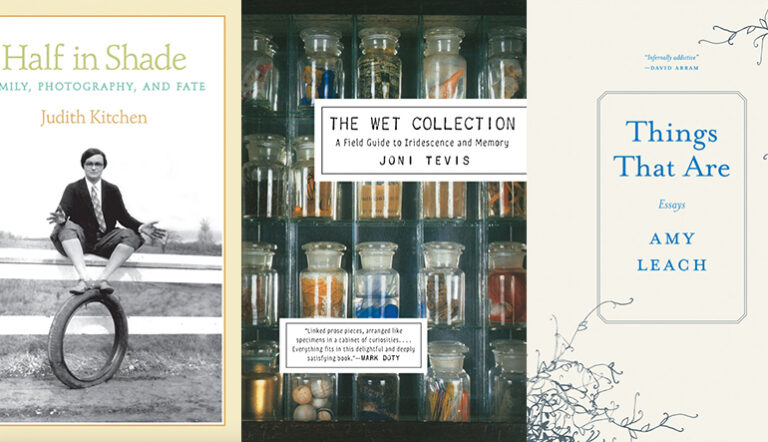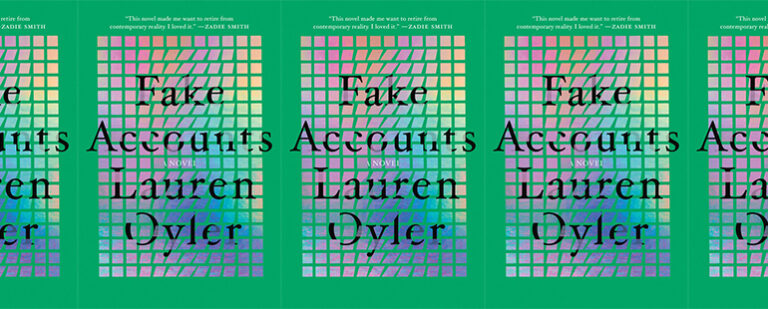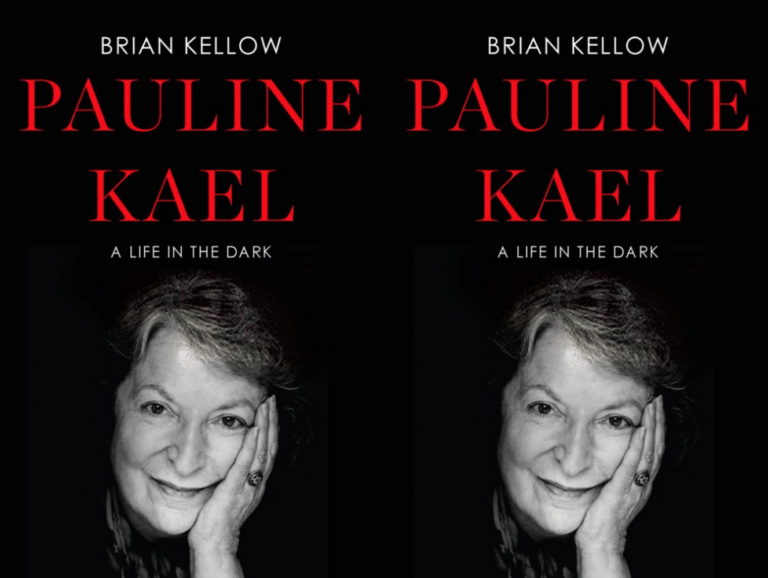Bridget Jones’s Anxiety

I’ve read many writing manuals that recommend steering clear of the daily diary. They claim, not without justification, that these accounts tend toward dryness and complaining. But if diaries aren’t necessarily the pathway to creative flow, they are the pathway to a certain kind of mundane transparency that usually exposes our most fearful, aggravating, and insecure tendencies.
Bridget Jones’s Diary, Helen Fielding’s 1996 novel, uses these qualities to mine the journal format for its intense relatability, leading to a claustrophobic portrayal of the intrusive nature of societal expectations that never lets up, even when its heroine finds herself pulled into madcap office romances and a time-share embezzlement scheme. Fielding didn’t invent the modern romantic comedy, but her mastery of the form shows an astute understanding of the tension at the heart of the genre.
Romantic comedies, or rom-coms, are just as much about anxiety as they are wish fulfillment, and that agitation can be found in both major plot developments and small details. One of my favorite examples of the anxious detail comes in the opening scenes of When Harry Met Sally. Sally’s diner order, with the particulars of the heated pie with ice cream on the side (but only if it’s strawberry) and whipped cream (but not if it’s from a can), queasily evoke my own, mostly buried, revulsion around the mixing of food. It’s a wonderful piece of characterization that also speaks to the simmering stress that insists on bubbling up in every rom-com I’ve read or watched.
Bridget Jones benefited from starting life on the page (although it did get its own film adaptation in 2001). Without the calm, attractive surface of a Meg Ryan or a Julia Roberts to fall back on, it’s much easier to buy into the tightly wound spiral of Bridget’s narration. Meant for no one’s eyes but her own, her diary returns again and again to her self-loathing. “Am disastrous failure,” a typical entry reads. “Michelin-star cookery? Kwik-fit, more like.” Bridget’s fears all spring from her failure to live up to societal ideals, whether that’s searching for a partner or embracing her single status. Ever present is her worry that committing to either of these roads will lead to some crushing loss: either “dying alone and being found three weeks later half-eaten by an Alsatian” or becoming a “Smug Married” who “do[esn’t] know how to relate to individuals anymore.” These contrasting fears illustrate the thematic conflict of the modern rom-com, which must balance its protagonists’ journey towards love and coupledom with a recognition of the importance of a self-worth that isn’t tied to relationship status.
Fielding is not so much interested in exploring this balance, however, as she is in showing how both women’s longing and independence have become commercialized entities that feed off Bridget’s unhappiness. Take Bridget’s entry on cooking, which contains two examples of product placement in three sentences, and shows how Bridget equates brand with her personal worth. While she longs to be Michelin (sleek, desirable, expensive), she’s actually a Kwik-Fit (shoddy, ugly, cheap).
Bridget sees herself as a product and romance as consumption. To find love, she must change her outward appearance and make herself seem cultured by spending money she doesn’t have, reading books she doesn’t like, and attending events that bore her to tears. At a book launch for the hilariously titled Kafka’s Motorbike, she flares up after a snobbish comment about people only encountering classic literature by “‘channel hopping’” to a TV adaptation “between Noel’s House Party and Blind Date.”
“Blind Date is on Saturdays,” Bridget snips back, and goes on a tangent about TV scheduling and the unlikelihood of a prestige drama being sandwiched between light entertainment and a game show. It’s one of the few moments readers get to see her without an inner litany of self-deprecation, and while it’s only a few scant paragraphs, it shows that Bridget is funny, interesting, and willing to push back against the elitism she feels the need to emulate. Tellingly, the interests that make her unique are never something she chooses to emphasize in her diary, instead pouring most of her energy into trying to lose weight.
Both of the men who Bridget dates over the course of the novel—Daniel Cleaver, a charming but unfaithful publishing executive, and Mark Darcy, a gauche but good-hearted lawyer—find her attractive as she is, but their approval is not so much the point as is a nebulous societal acceptance she can never capture. Walking in on Daniel and another lover, Bridget is devastated when the woman dismisses her with a “I thought you said she was thin.” It’s not enough for Bridget to be loved for who she is. She wants to be seen as worthy of love by society at large. Proving that worth is impossible, as there are always more status symbols tantalizingly out of reach.
Bridget doesn’t find fulfillment in feminist empowerment either, because that concept has become just as commodified as romance and desire. While her friends assure her that “there’s a whole generation of single girls like [us] with their own incomes and homes who have lots of fun and don’t need to wash anyone else’s socks,” from a practical standpoint this freewheeling existence is also unachievable for Bridget, who feels stuck in a mediocre job and doesn’t have the money to attend media festivals or decorate apartments like the colleagues she envies. Feminism is only obliquely referenced through self-help articles, with no reference to any historical, cultural, or racial context. It becomes another object that must be purchased instead of a critical lens for self-awareness and communal change.
Bridget Jones’s Diary shows that resolving the tension between partnership and independence in the rom-com is impossible, because both states have become tools of a capitalist culture that depends on dissatisfaction and fear to sustain itself. That doesn’t mean, however, that the book is devoid of the happy ending typical of the genre, or that that ending doesn’t preserve the novel’s subversive bite. Throughout the book, Bridget’s escapades are contrasted with her mother’s, who buys even more deeply into the myth of satisfaction through consumerism. “If you’d had something a bit more bright and cheerful…Mark Darcy might have shown a bit more interest,” she tells her daughter when she resists going to Color Me Beautiful. “Nobody wants a girlfriend who wanders round looking like someone from Auschwitz.”
Mrs. Jones’s downfall is linked to this voracious materialism. After leaving her husband, she becomes embroiled in her lover Julio’s time-share embezzlement scheme. She avoids serious legal repercussions only through the intervention of Bridget and Mark Darcy. When policemen storm the Jones house on Christmas Day to arrest Julio, she blithely takes the credit for diffusing a situation she did nothing but stoke, and continues on her way, seemingly having learned nothing from her experiences.
Bridget, on the other hand, does learn something, even if it is not the fundamental unfairness of the standards she’s been attempting to reach. In her summary of the year, she notes that she consumed a “repulsive” amount of calories and over five thousand cigarettes, and kept only one of her New Year’s resolutions. She hasn’t been able to resist the lure of expensive “culinary devices which will never use” and “exotic underwear,” or create a “sense of self as woman of substance, complete without boyfriend.” What she has done is live a full year in spite of the constant pressure she puts herself under, spending time with dear friends, supporting her parents through the breakup of their marriage, and building a relationship with Mark Darcy that is based on their genuine interest in each other instead of objectification. I have to agree with Bridget that this is “an excellent year’s progress.” In a society that supports itself by the unhappiness of its citizens, there is victory in creating happiness out of the mundanity of ordinary life.
The quiet rebellion that closes Bridget Jones’s Diary demonstrates the rom-com’s approach to critiquing contemporary conceptions of romance while also preserving the aspiration that is at the core of the genre. Bridget doesn’t instigate sweeping social change—she doesn’t have the interest or the tools to do so. What she does have is a desire for happiness that is strong enough to prompt her to look beyond her relentless self-commodification and see the work and vulnerability that can make that happiness possible. Success is not to openly fight back, but to discreetly go against the grain.


